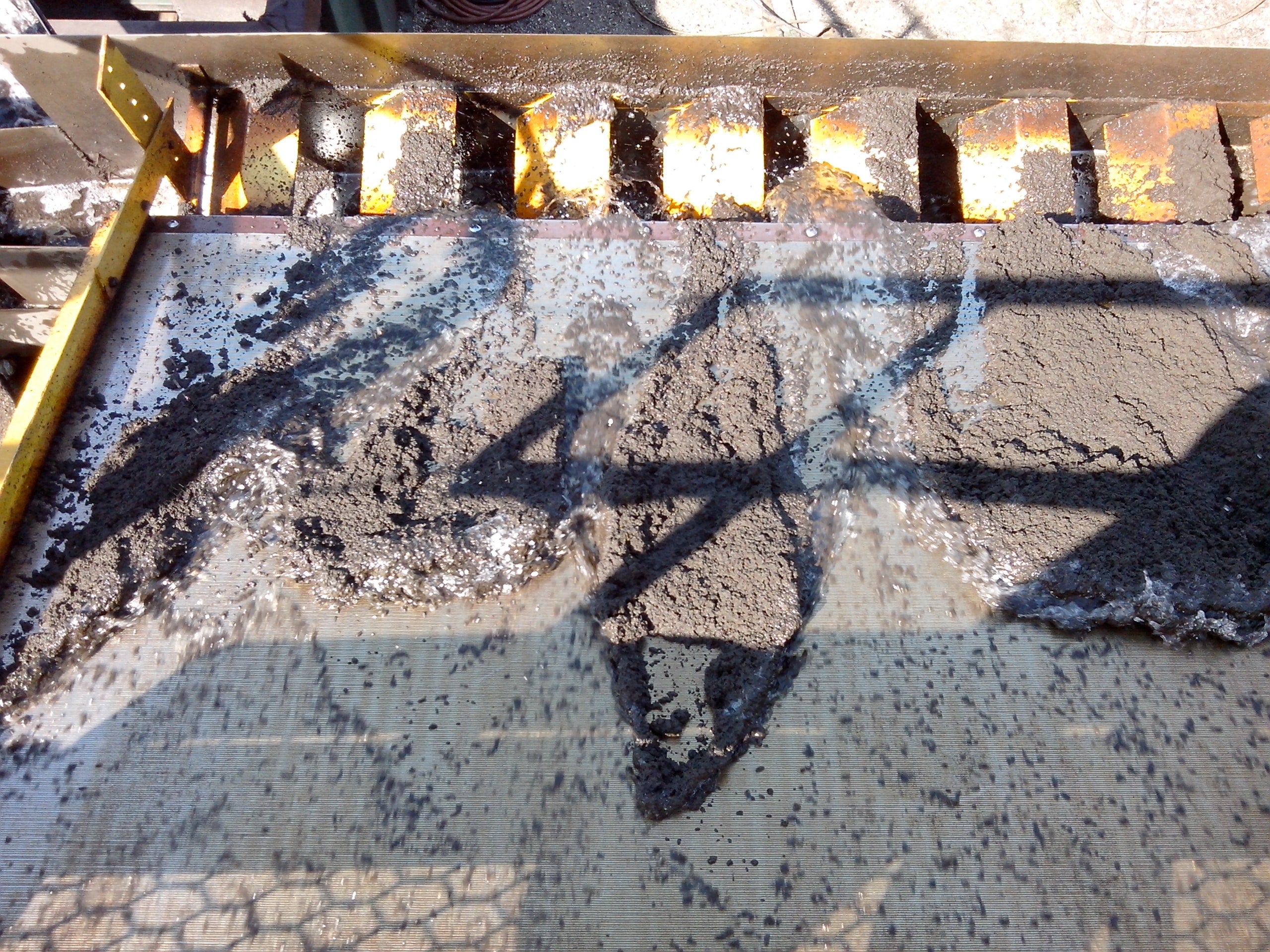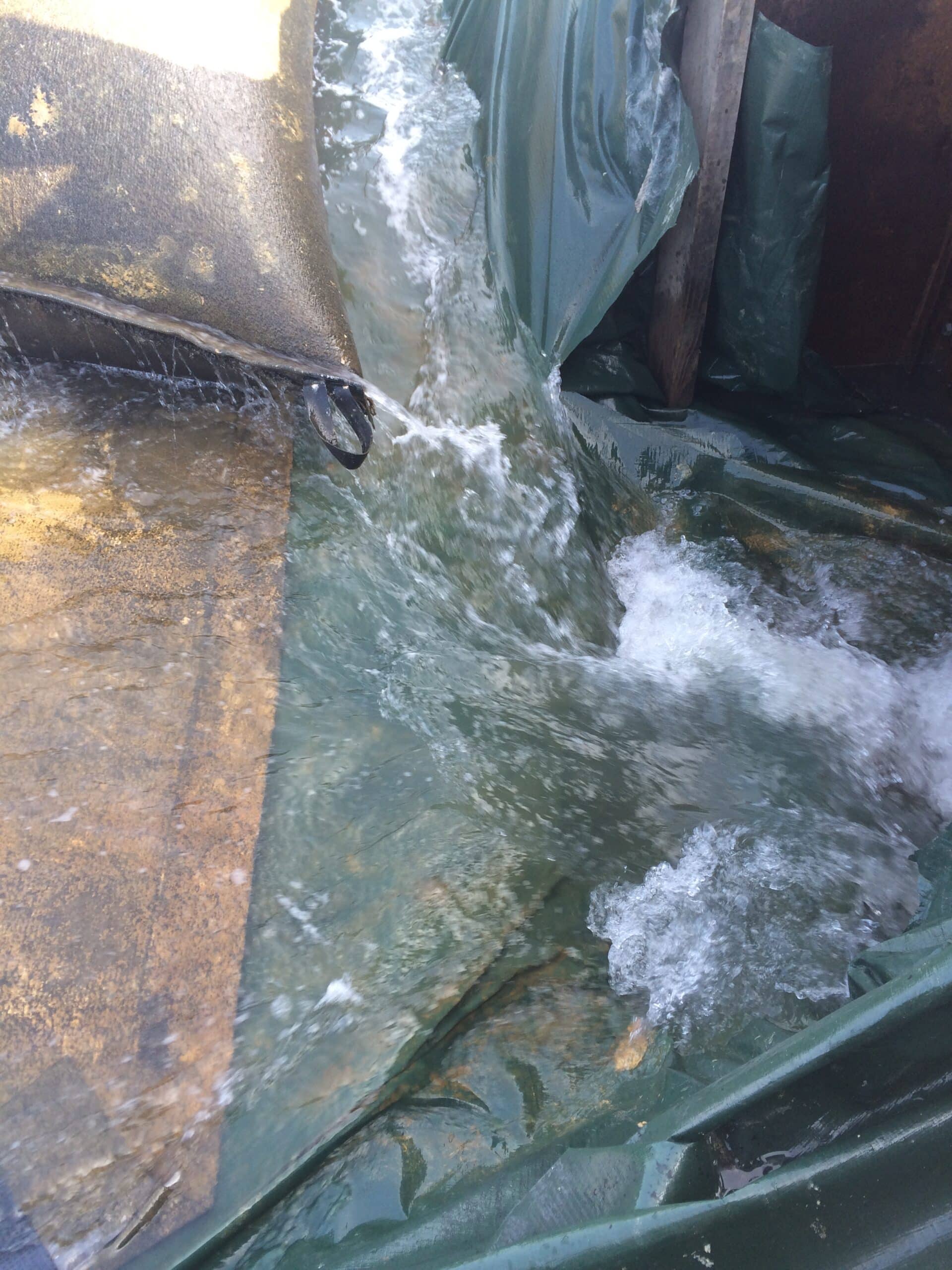Dredging involves excavating underwater sediments, which can result in a suspension of solids and water. Water-soluble polymers are utilized to separate this solid-liquid mixture. Acting as flocculants and coagulants, these polymers encourage the aggregation of fine particles into larger masses, allowing more manageable and effective separation. These polymers’ ability to work in various conditions makes them highly versatile dredging tools.
Water-soluble polymers play a crucial role in the dredging industry, serving as effective thickeners to enhance the efficiency of the dredging process. These organic polymers provide a full spectrum of applications, including acting as flocculants and coagulants to aid solid/liquid separation in thickening applications. In addition, they also optimize overflow clarity and water reclaim for returning to source water bodies and improve underflow density for tails treatment and disposal.
Organic Polymers for Solid/Liquid Separation


Optimizing Overflow Water Clarity and Reclaim
Another critical function of water-soluble polymers in dredging operations is optimizing overflow water clarity. The utilization of these polymers helps to reduce the turbidity of the water, thereby enhancing its clarity. This process ensures the safety and efficiency of the dredging operation. It allows for a more environmentally friendly process, as the treated water can be reclaimed and safely returned to source water bodies. This conservation and re-use of water resources are essential for maintaining environmental sustainability.
Enhancing Underflow Density for Tails Treatment and Disposal
Dredging can produce a significant volume of tailings, a waste product of fine particles. These tailings must be appropriately managed and disposed of to mitigate potential environmental impacts. Water-soluble polymers can improve the density of the underflow, making the tailings more compact and, thus, easier to handle and dispose of. With the correct polymer treatment, these tailings can even be repurposed for other uses, such as in construction or land reclamation, thus transforming a waste product into a valuable resource.
Thickener Products for Dredging
| Product Category | Description |
|---|---|
| FLOPAM™ FA, AH | Non-ionic powder-form flocculants used to enhance solid-liquid separation. Enhances and maximizes clean water reclamation and solids waste stream density. Ideal for bulk transportation. |
| FLOPAM™ EM, DW, SFC | Liquid-form flocculants enhance solid/liquid separation times, clean water reclamation, and solids waste stream density. |
| FLOMIN™ CA 100 | They are used to destabilize solids suspended in slurries. Enhances the flocculation process, clean water reclamation, and solids waste stream density. |
| FLOQUAT™ TS, DB | Powder-form organic coagulants are used to destabilize solids suspended in slurries. Enhances the flocculation process, clean water reclamation, and solids waste stream density. They are often added directly to process streams with minimal mixing equipment needed. |
| FLOQUAT™ FL | Liquid organic coagulant used to destabilize solids suspended in slurries. Enhances the flocculation process, clean water reclamation, and solids waste stream density. They are often added directly to process streams with minimal mixing equipment needs. |
| FLOPAM™ FO, CB | Cationic powder-form flocculants enhance solid/liquid separation, clean water reclamation, and solids waste stream density. |
| FLOPAM™ AN (ATBS) | These powder-form flocculants are designed for a wider pH range. They enhance solid/liquid separation, clean water reclamation, and solids waste stream density. |
| FLOPAM™ AN (Anionic Powder) | Anionic powder-form flocculants used to enhance solid/liquid separation, clean water reclamation, and solids waste stream density. |
| FLOBEADS™ AB | Beaded powder-form settling aids enhance solid/liquid separation, clean water reclamation, and solids waste stream density. Beaded products can reduce hydration times. |
| FLOPAM™ FAM | Amphoteric powder-form flocculants enhance solid/liquid separation, clean water reclamation, and solids waste stream density. Ideal for bulk transportation. |
